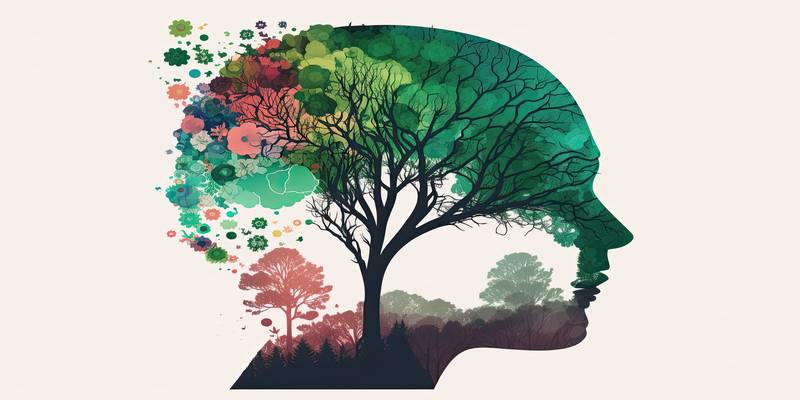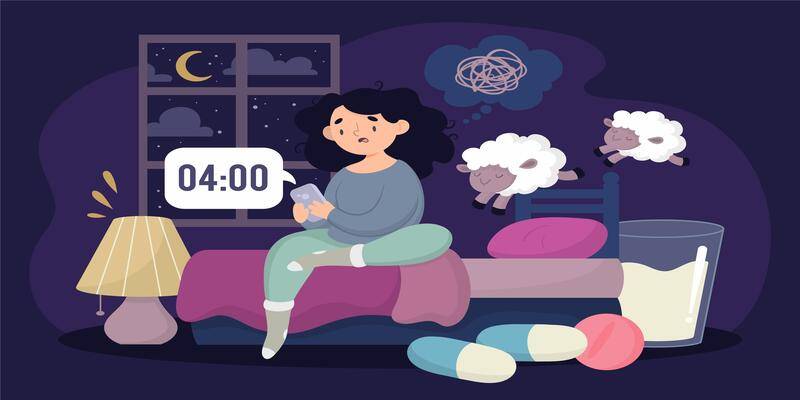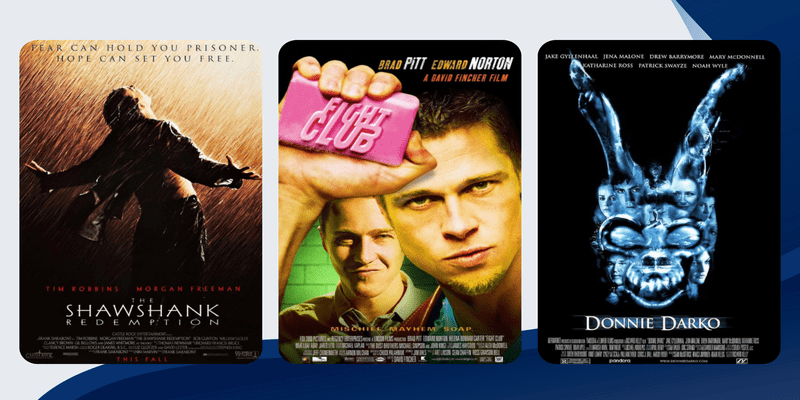Did you know? Therapy can be fun!

Life can be a crazy roller-coaster ride and bring in moments of anxiety and sadness. While it is natural to happen, it is not easy navigating alone. The only person with the rightful authority and expertise who can be your best support in times of uncertainty is your therapist. And, your therapist wants you to know something — they are cool and therapy can be fun! There is a common misconception and fear around therapists that they are formal, calm, and poised. It is almost as if therapists have everything figured.
Life may be tough, and sometimes so is therapy. We all know by now that therapy is no joke. It is an all-consuming affair that impacts your energy and emotions. It makes you tick and think, makes you wander more, understand yourself, interact better with people, communicate with clarity, and whatnot. But therapy is not scary — this is where a therapist’s role comes in.
If you have seen the Bollywood movie ‘Love You Zindagi’, you would know that therapists can use humour as one of the many mechanisms to bring a moment of respite. Humour is a powerful tool This can help ease the therapy process and make the client feel comfortable. When used in proper context, it can help both the parties — therapist and the client — be more at ease. This leads to improved conversations, resulting in better revelations and solutions about life.
What does one exactly mean when they say “therapy can be fun”? Let’s find out. Fun does not mean cracking lame jokes or mocking others. It means involving humour or friendly banter to make the situation lighter. Therapists are trained to be empathetic, non-judgmental, and have a sense of unconditional positive regard for the client, come what may. Therapy is a serious business, but the conversations between the client and the therapist are not always serious. A therapist must create a relaxed environment for the client as it helps them be more outspoken and brings clarity to their thoughts.
Let us understand the case for fun in therapy
Joy enables the clients to act freely. It does not have any bounds, nor should therapy. Joy helps clients face tedious situations, making them feel safer in the setup. It is crucial for therapists to take clients seriously and understand their issues, but also ensure that the client feels you are easy to talk to. The client should not feel like going for therapy and discussing life is effortful. The human factor in the process comes with being at ease and humour.
Fun can be therapeutic for healing purposes. Speaking from my own experience as a therapist, I have observed that when I practice worksheets or techniques with my clients and make it more enjoyable and relatable as per their age, preferences, and likes, learning becomes less challenging. The effectiveness of working together also gets enhanced with the leisure element in the sessions.
Moreover, amusement as a tool is necessary to create a better, holistic bond with the client. The connection between a therapist and a client is a very sacred one. It is the most vital aspect of therapy. There are many ways in which a therapist and a client can connect, leisure activites become one of the crucial ones. As highlighted earlier, it is of utmost importance that the client feels comfortable with their therapist. They need to feel that they can be their natural self, that there is no judgment involved and that this is a safe haven for them.
Research and my own experience have taught me that when therapists have a deep connection with clients, things fall into place, the client opens up quickly, and therapists can delve deeper into the issues at hand. However, humour can also be misconstrued as making fun of the client’s problems. Here, one is not advocating to laugh at their issues or make a mockery out of their emotions. There is a distinctive difference between laughing at somebody versus laughing with somebody.
When it comes to what happens when therapy can be fun, it can be an accessory for truth-telling. Truthful humour provides relief and a new perspective. Sometimes, when we take things too seriously, we can not find answers to the questions. However, sometimes, when we try to take things lightly, we see a different perspective.
Humour can help break down walls. It fosters a healthier experience and a better therapeutic relationship. Research shows how laughter, smiling, and making merry are proven to lower your blood pressure, give you a sense of high, increase your energy levels, elevate your overall mood, and boost bonding experiences.
Here are some techniques to make therapy more enjoyable
Active listening
Active listening in a therapeutic relationship is vital. Initially, the client can feel hesitant to open up and talk about the vulnerable subjects. That is why being lively as a therapist is necessary. They must engage with the client in a way where they can comprehend and understand therapy as a process and respond positively.
More welcoming
A therapist’s personality can add a lot of warmth and comfort to a degree where the client starts to feel familiar and relate to them. In my experience as a therapist and client, I realise that if a client does not match in terms of personality with the therapist, having a fruitful working relationship is difficult.
Open-ended questions
As a therapist, asking open-ended questions always helps in making the session more interactive and less serious. Instead of asking questions that lead to a simple yes or no, it is important to ask more vast-scope questions.
Building a strong relationship
Research has shown that the most important thing in therapy is forming a powerful relationship. There needs to be agreement between the therapist and the client, especially with the goal-setting at the beginning. There needs to be a sense of emotional bonding between the two parties. This can be brought in with humour and by being more open and supportive throughout the process. All in all, having the right attitude as a therapist and a client could be the real game changer. Believe in yourself before anyone else that there is a connection between you and your client and vice-versa. Only when there is a distinct connection, the client return for more sessions.
If there comes a time when you feel dejected and distressed, remind yourself that therapy is a helpful tool that can help you navigate life with proper guidance and understanding. And, if you happen to stumble upon a therapist that you don’t connect with and are rather intimidated by, you don’t have to give up on therapy. You just need to find a new, ‘cool’ therapist and remember that therapy can be fun.






